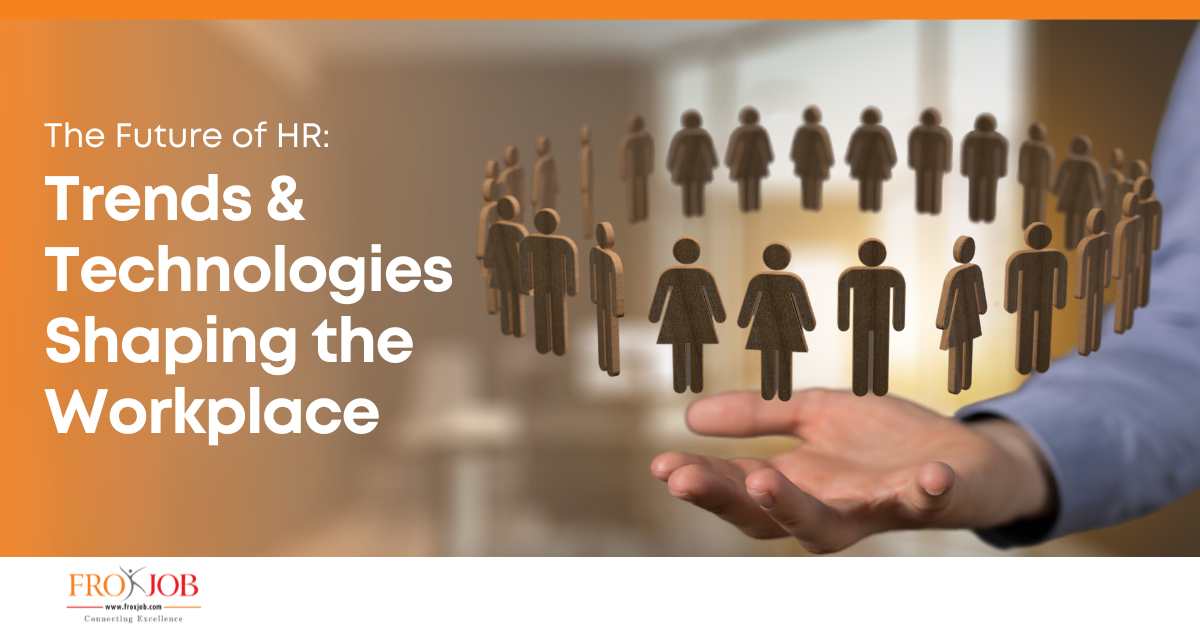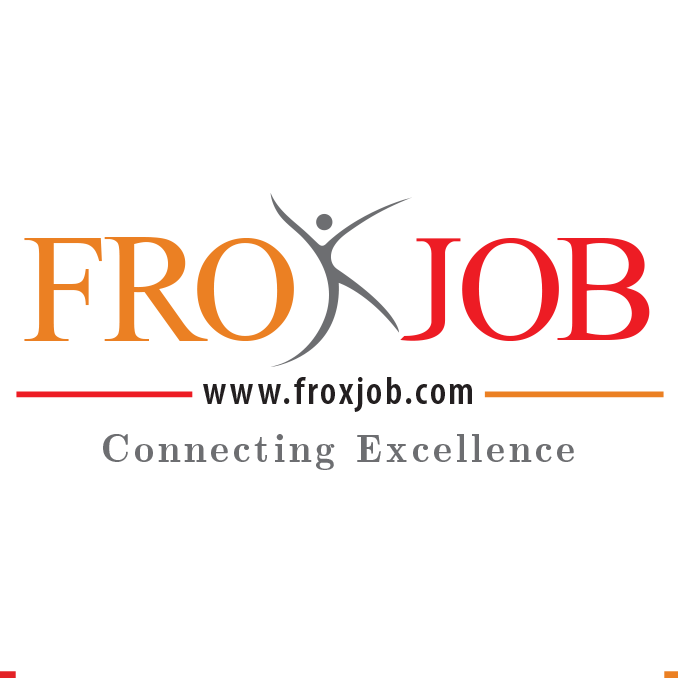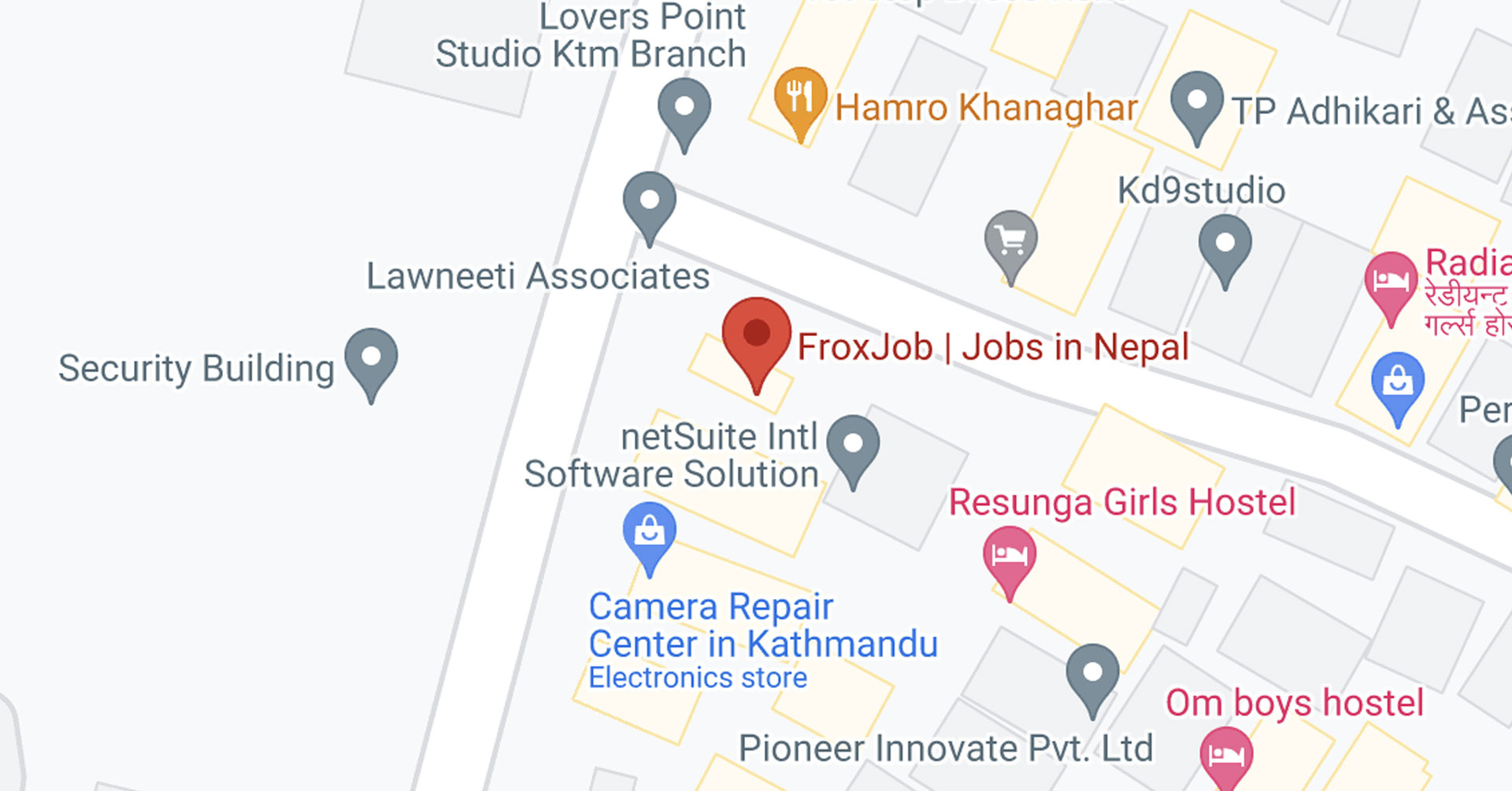The Future of HR: Trends and Technologies Shaping the Workplace

The Future of HR
Human Resources (HR) is no longer just about recruitment, payroll and compliance. In the rapidly changing business world of today, human resources is becoming a critical force behind organizational expansion. The nexus of people, technology, and data will shape HR in the future, changing how businesses find, engage, and retain talent.
Let's examine the major developments and technological advancements influencing HR and the workplace in the future.
1. Digital Transformation in HR
HR operations are increasingly reliant on technology. Digital tools and cloud-based Human Resource Management Systems (HRMS) are simplifying employee engagement, performance management, and onboarding procedures. By eliminating monotonous duties, automated technologies free up HR experts to concentrate on key projects like organizational culture and workforce development.
2. AI and Automation in Talent Management
Talent management and recruitment are being redefined by artificial intelligence (AI). AI-powered solutions are able to: • Screen resumes more quickly and precisely.
- Use predictive analytics to forecast staff turnover.
- Offer insights based on data for performance evaluations.
Chatbots for employee enquiries are also made possible by automation, which guarantees speedier responses and lessens administrative burden.
3. Remote and Hybrid Work Models
The dynamics of the workplace have changed significantly as remote and hybrid employment have become more popular. These days, HR is essential to:
- Creating flexible work arrangements.
- Making sure there is digital cooperation.
- Creating remote cultures that are inclusive.
Companies that embrace flexibility have a better chance of drawing in and keeping great personnel.
4. Focus on Employee Experience
Employee experience is a corporate concern, just like consumer experience. It is expected of HR to create work environments where staff members feel appreciated, connected, and inspired. In order to increase engagement and productivity, personalized career development, recognition programs, and wellness initiatives are becoming commonplace.
6. Data-Driven Decision Making
HR is becoming a more strategic function because to people analytics. HR can find talent gaps by examining workforce data.
- Projected hiring requirements.
- Calculate productivity and engagement.
Smarter decisions that are in line with corporate objectives are made possible by data-driven HR.
7. Employee Well-being and Mental Health
Employee well-being is a top priority in the workplace of the future. To assist workers in managing stress and preserving work-life balance, HR is implementing wellness initiatives, counseling services, and flexible work schedules. Technology is playing a significant role in this field, including virtual fitness programs and apps for well-being.
8. Upskilling and Continuous Learning
The skills needed are changing quickly as technology advances. Through mentorship programs, microlearning modules, and online learning platforms, HR must spearhead reskilling and upskilling activities. In addition to fostering employee development, investing in ongoing education helps businesses remain competitive.
Final Thoughts
HR's future lies in influencing the nature of work, not just managing employees. HR professionals can support firms in thriving in a world that is changing quickly by embracing digital tools, emphasizing employee well-being, and exercising empathy and inclusivity in their leadership.
One thing is certain as companies get ready for the future: HR will be strategically essential, tech-enabled, and human-centered.





